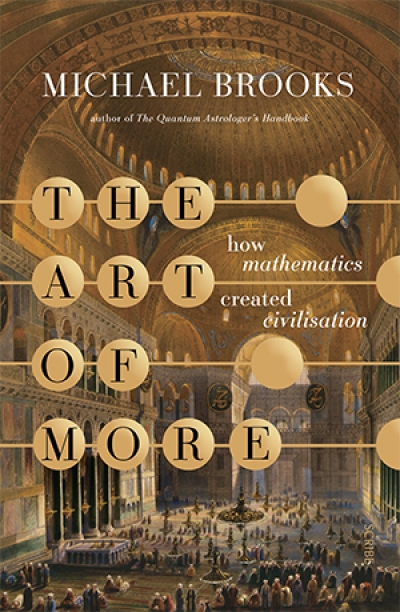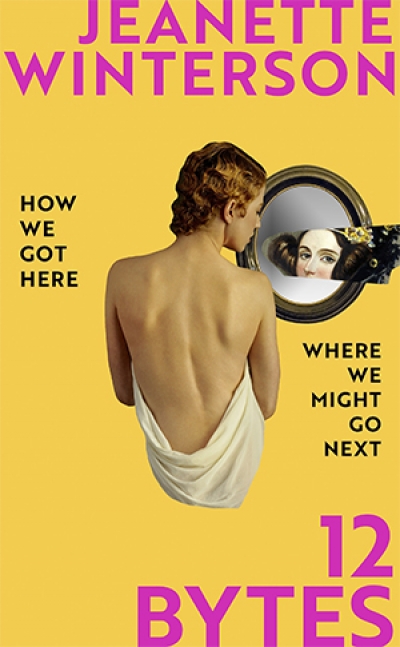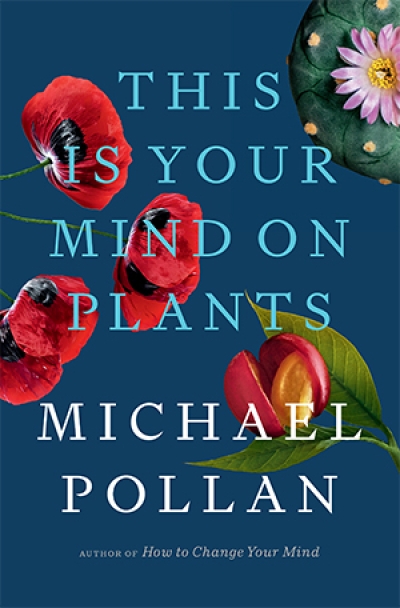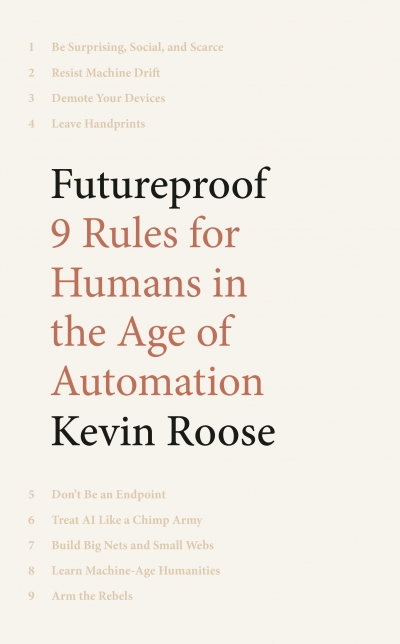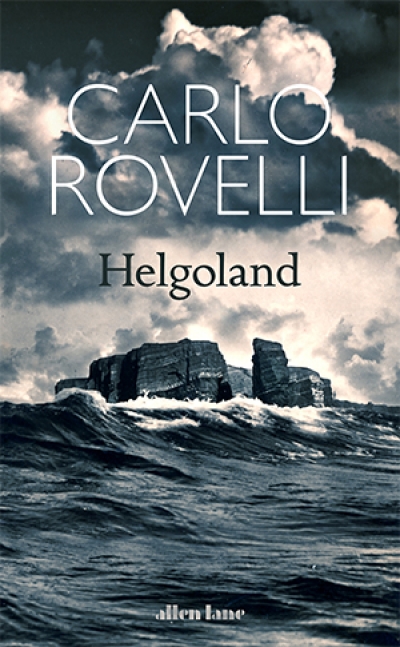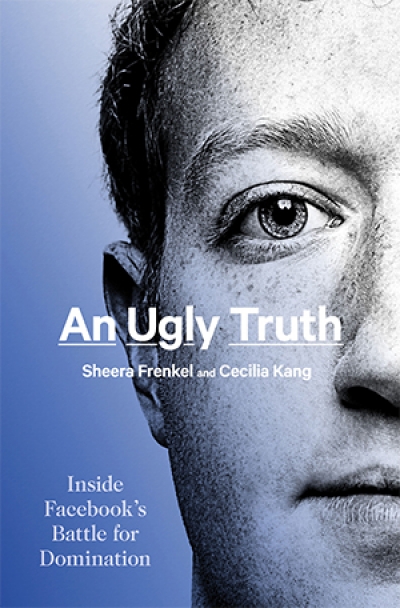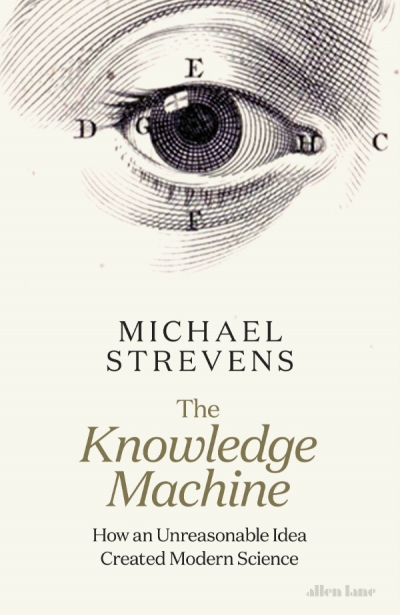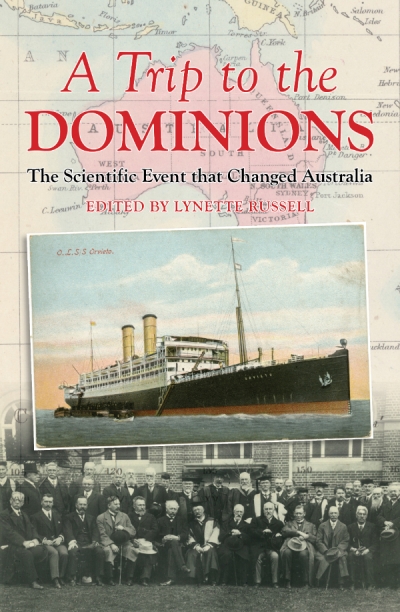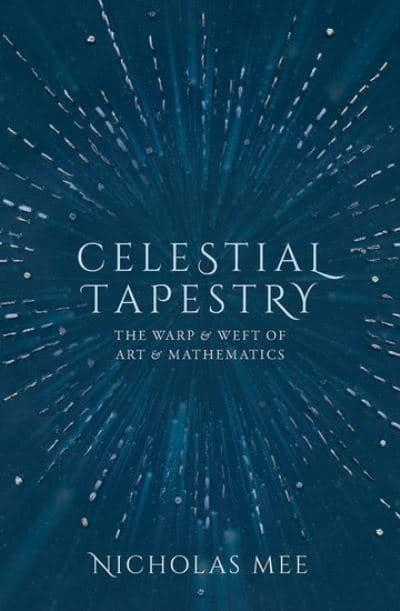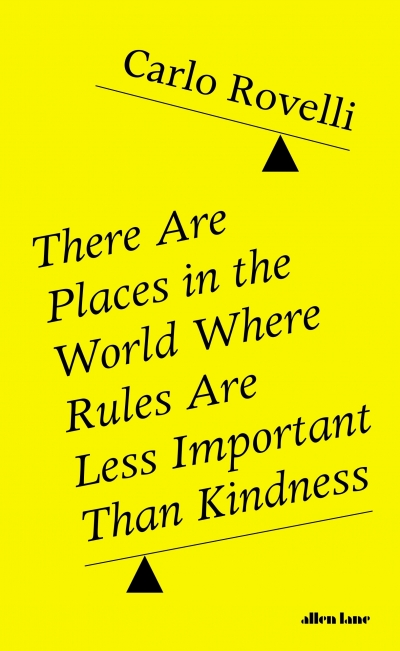Science and Technology
The Art of More: How mathematics created civilisation by Michael Brooks
Were you one of those reluctant mathematics students who complained, ‘What’s the point of all this?’ If so, rest assured: Michael Brooks has made a compelling case for the role mathematics has played in making ‘civilisation’ possible. If you still need convincing, he also discusses research suggesting that doing maths is good for your brain.
... (read more)12 Bytes: How artificial intelligence will change the way we live and love by Jeanette Winterson
In her novel Frankissstein (2019) – a reimagining of Mary Shelley’s Frankenstein (1818) that embraces robotics, artificial intelligence (AI), and transhumanism – Jeanette Winterson writes, ‘The monster once made cannot be unmade. What will happen to the world has begun.’ This observation might have served as an epigraph for her new book, 12 Bytes. Comprising twelve essays that ruminate on the future of AI and ‘Big Tech’, 12 Bytes contends that looming technological advances will demand not only resistance to the prejudices and inequalities endemic in our current social order, but also a reconsideration of what it means to be human: ‘In the next decade … the internet of things will start the forced evolution and gradual dissolution of Homo sapiens as we know it.’
... (read more)At sixty-six years of age and best known for his books on the sociology of food, the American author and journalist Michael Pollan has become an unlikely figurehead for the so-called ‘psychedelic renaissance’. In How to Change Your Mind (2018), Pollan surveyed the recent revival of psychedelic drugs as adjuncts to psychotherapy, and the emerging evidence that supports their use in the treatment of depression, PTSD, and other mental health disorders. Globally prohibited since the early 1970s and still mostly illegal, these compounds – including the ‘classic’ psychedelics LSD and psilocybin (the main psychoactive alkaloid in magic mushrooms), as well as MDMA (also known as ecstasy) and ketamine – are once again the subject of clinical trials, including in Australia where the federal government has became one of the first in the world to fund research in the field.
... (read more)Futureproof: 9 rules for humans in the age of automation by Kevin Roose
‘There is no such thing as an inherently robot-proof job,’ says Kevin Roose – a stunning admission in his new book, Futureproof: 9 rules for humans in the age of automation. We are all at risk of automation – indeed, more at risk than we think. Silicon Valley’s optimism about automation is either ‘false’ or ‘radically incomplete’. Roose says he should know: he once fell for it too.
... (read more)Helgoland by Carlo Rovelli, translated by Erica Segre and Simon Carnell
Theoretical physicist Carlo Rovelli has a gift for writing short, conversational, popular physics books. His earlier works, notably Seven Brief Lessons in Physics (2015) and The Order of Time (2018), have been bestsellers, and Helgoland is continuing the trend.
... (read more)An Ugly Truth: Inside Facebook’s battle for domination by Sheera Frenkel and Cecilia Kang
Sealand calls itself a micronation. No one else does. It’s easy to see why: the ‘kingdom’ is little more than a glorified helipad. It rises from the North Sea off the coast of Suffolk like a Greek version of the letter π rendered out of concrete and steel – the sole survivor of a series of Maunsell forts built to shoot down Nazi Kriegsmarine aircraft during World War II. Abandoned by Britain in the 1950s, the fort was hijacked by pirate radio broadcaster Paddy Roy Bates in the 1960s and renamed the Principality of Sealand. Bates crowned himself ‘prince regent’ and – besides firing warning shots at the Royal Navy and fighting off a coup attempt by German mercenaries – entered into a series of sketchy schemes to stay afloat. One enterprise, launched in 2000 with the help of cypherpunk Ryan Lackey, was for the Bates family to turn Sealand into the world’s first data haven: an unbreakable digital lockbox beyond the clutches of law enforcement agencies and copyright lawyers.
... (read more)The Knowledge Machine: How an unreasonable idea created modern science by Michael Strevens
If you have ever wondered about the imaginative, wondrous side of science – for instance, how Einstein used maths to predict the existence of gravitational waves, or how a metaphor led to the astonishing discovery that the spinning earth drags space-time around it like molasses around a spoon, this is not the book for you. But if you want to know why scientists had the patience to keep refining their experiments until they detected this barely perceptible rippling of space-time, or why they have the kind of grit made legendary by Marie and Pierre Curie, sifting through tonnes of pitchblende for a speck of radium, you will find an intriguing, bold, and controversial answer in The Knowledge Machine.
... (read more)A Trip to the Dominions: The scientific event that changed Australia edited by Lynette Russell
Founded in 1831, the British Association for the Advancement of Science (BAAS) sought to redress impediments to scientific progress that arose in the aftermath of the Napoleonic Wars, determining that the BAAS would ‘give a stronger impulse and more systematic direction to scientific inquiry … [and] promote the intercourse of cultivators of science’.
... (read more)Celestial Tapestry: The warp and weft of art and mathematics by Nicholas Mee
Celestial Tapestry is a gem, indeed, a trove of gems: lavishly illustrated cameos from the science and history of art and mathematics, woven into a narrative about pattern and symmetry. We humans have an innate appreciation of symmetry, judging from 5,000 years of art, architecture, mathematics, and mythical and religious symbolism. After all, symmetry is all around us – in the shapes of our bodies, snowflakes, and seashells, and in the fractal-like branching of twigs and blood vessels. In its abstract, mathematical form, symmetry even underlies our modern theories of fundamental physics.
... (read more)There Are Places in the World Where Rules Are Less Important Than Kindness by Carlo Rovelli, translated by Erica Segre and Simon Carnell
In a recent interview, Italian physicist Carlo Rovelli confessed that the book he would most like to be remembered for is The Order of Time (2018), a work in which time, as it is commonly understood, ‘melts [like a snowflake] between your fingers and vanishes’. The Order of Time, Rovelli admits, only pretends to be about physics. Ultimately, it’s a book about the meaning of life and the complexity of being human.
... (read more)
